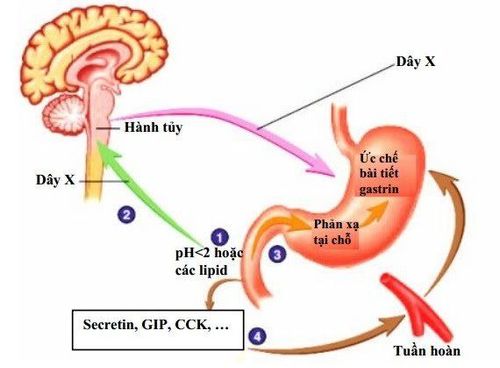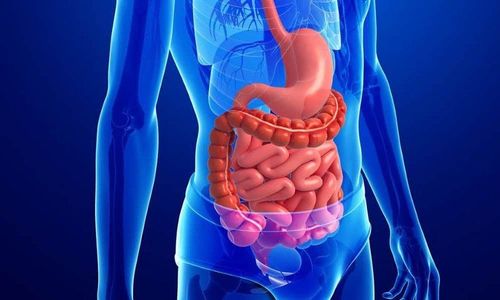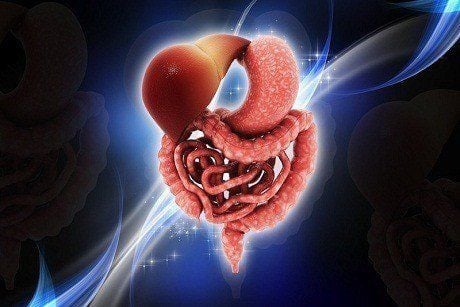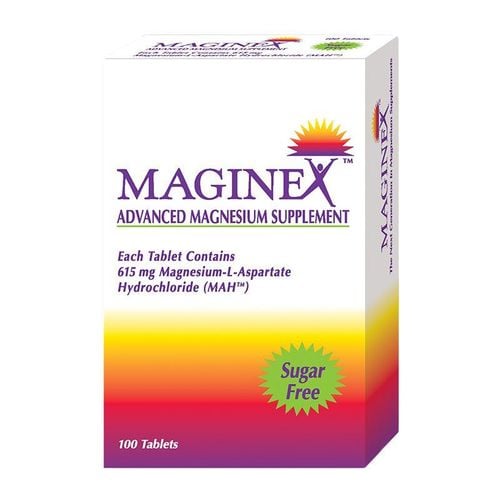This is an automatically translated article.
Stomach acid is secreted by parietal cells in the lining of the stomach, and stomach acid is highly acidic to break down and digest food more easily. So what is gastric acid secretion and how does it work in the body?
1. Stomach Acid Overview
Stomach acid is the main component of gastric juice - a colorless liquid. The main stomach acid is hydrochloric acid (HCl), in addition to some other ingredients are KCl (potassium chloride) and NaCl (sodium chloride).
Stomach acid is very acidic, with a pH in the range of 1 - 2, just lower than the acid in the battery. With high acidity, stomach acid is capable of breaking down all types of food in the stomach, from soft foods to hard foods, but still ensures that the digestive system still works normally and is safe for health. strong.
2. Stomach Acid Excretion
To understand the secretion of gastric acid, it is necessary to know the structure of the stomach first. The stomach is divided into 3 parts, including the basal part, the body part and the cavernous part. Inside the stomach is the mucosal layer, when food enters the digestive system, it will come into contact with the gastric mucosa. Gastric juice is secreted by the gastric mucosal glands and gastric acid is secreted by parietal cells in the body of the stomach. The process of gastric acid secretion consists of the following 3 stages:
First stage (takes place in the nervous system): When food enters the mouth and enters the digestive system, the taste of food stimulates the vagus nerve in the urine. The brain and brain stem to send signals to the central nervous system, the brain directs the digestive system to excrete about 30% of stomach acid, starting to participate in the process of breaking down and digesting food. The second phase (takes place in the stomach): The stomach contracts and breaks down the food, and continues to excrete the remaining 60% of stomach acid. The third stage (takes place in the intestine): When the food has been crushed and taken to the intestines, the stomach excretes 10% of the remaining acid.
During the digestion of food, stomach acid is excreted continuously, but in a sufficient amount for the digestive system to function and ensure the balance of gastric juice. From birth, the body has developed this mechanism to excrete stomach acid and by the age of 2, the mechanism has been completed equivalent to that of a normal adult.

Hình ảnh cơ chế bài tiết axit dạ dày
3. How does stomach acid work?
Along with enzymes and contraction mechanism, stomach acid helps the process of food digestion take place but still protects the stomach. With an optimal pH, stomach acid is the catalyst, creating an environment for pepsin (a digestive enzyme produced by the main cells in the stomach body) to work, while activating pepsin and breaking down tissues. Surrounding bonds to release pepsin, break down proteins and cut protein chains to break food bonds, helping the body absorb nutrients from food. In addition, stomach acid also neutralizes insoluble salts and is a catalyst for hydrolysis reactions to convert proteins, starches, and sugars for the body to absorb. The amount of stomach acid also helps to kill bacteria that follow food into the stomach to protect the digestive system from being attacked by bacteria.
4. What if stomach acid levels are too high or too low? Treatment
Over time, the concentration of stomach acid in the body changes. It also depends on the stomach condition, medication or mental stress. However, the body maintains the mechanism of gastric acid secretion throughout life.
Although it plays an important role for the digestive system in particular and the body in general, when the concentration of stomach acid increases or decreases, it will affect the stomach lining. Specifically:
Low stomach acid levels: Nervous stress, an inadequate diet can cause low stomach acid levels, which will then cause symptoms such as abdominal pain, bloating, indigestion. , heartburn, nausea, hair loss. This condition, if prolonged, can impair digestion and lead to reduced nutrient absorption, increased risk of infection and health effects. Depending on the cause, your doctor will prescribe stomach acid supplements or pepsin enzymes to increase stomach acid levels. High levels of stomach acid: Abdominal pain (especially on an empty stomach), bloating, heartburn, nausea or vomiting, diarrhea, loss of appetite, unexplained weight loss are all manifestations of high levels of stomach acid. thick high. This condition, if left untreated, can lead to complications such as stomach ulcers, acid reflux, and gastroesophageal reflux disease (GERD). Depending on the cause, the treatment will vary, but mainly using proton pump inhibitors to reduce gastric acid secretion. Stomach acid secretion is carried out by the body of the stomach. Along with other active ingredients including enzymes and mucus, stomach acid helps break down and digest food. High or low stomach acid levels both affect the digestive system, then, the patient needs to be examined and treated.
Please dial HOTLINE for more information or register for an appointment HERE. Download MyVinmec app to make appointments faster and to manage your bookings easily.













